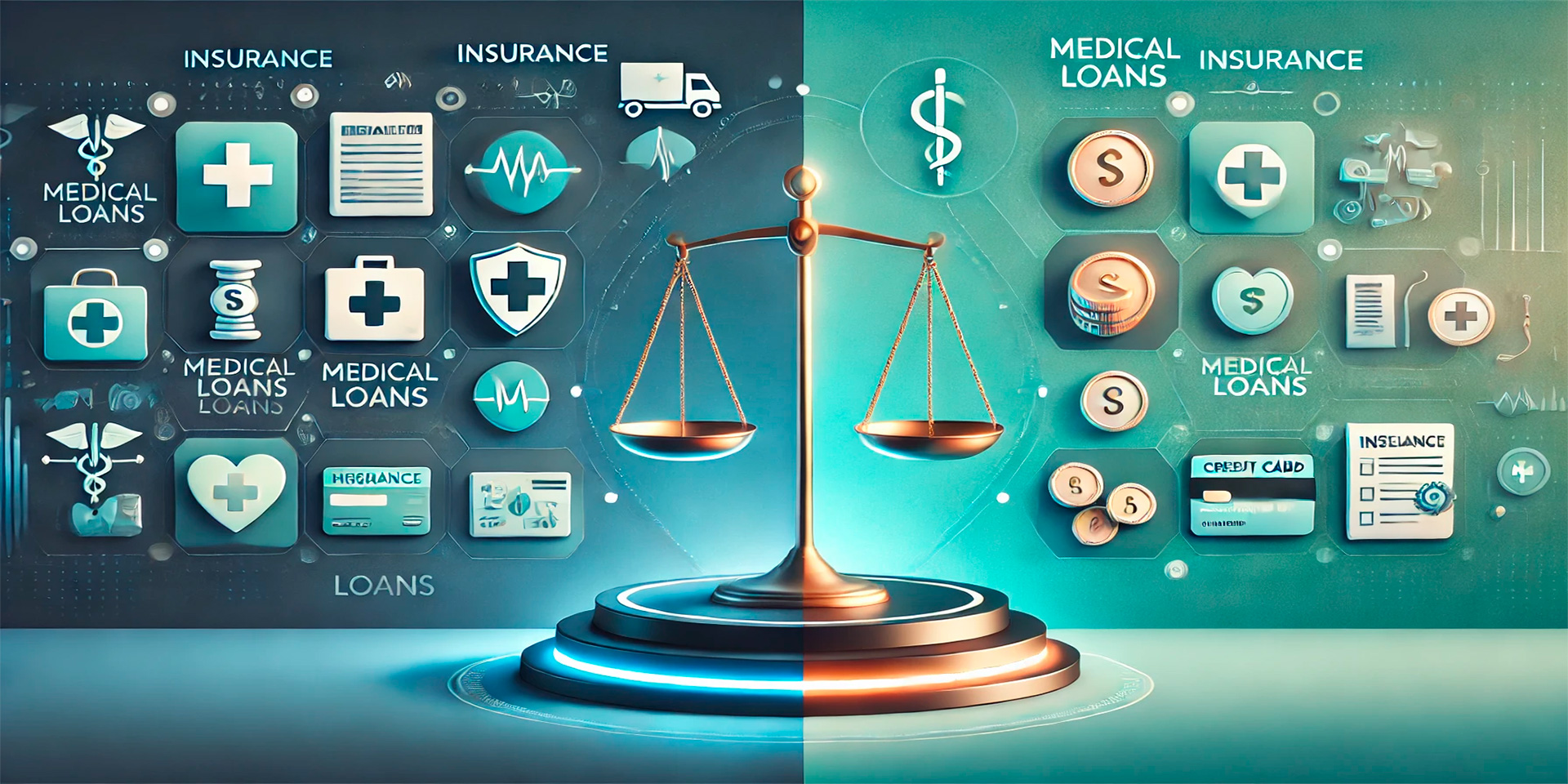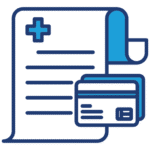Medical Loans: Financing Health When It Matters Most

Checking your rate won’t impact your credit score


Medical Loans: Financing Health When It Matters Most

Checking your rate won’t impact your credit score
What Is a Medical Loan?
A medical loan is a type of unsecured personal loan created specifically to ease the financial burden of healthcare expenses. Unlike traditional financing, it offers quick and flexible access to money when you need it most — whether it’s for an unexpected emergency, a planned surgery, ongoing treatment, or even essential medications.
This type of loan can bridge the gap when your health insurance doesn’t cover certain procedures, or if you don’t have insurance at all. By spreading your medical costs into manageable monthly payments, a medical loan allows you to focus on recovery and well-being instead of financial stress.

👥 Who Uses Medical Loans?

Uninsured or underinsured patients

People needing specialist or out-of-network care

Parents covering unexpected children’s procedures

Patients facing elective but life-improving surgeries

Individuals in medical debt seeking to refinance or consolidate

Couples seeking IVF or fertility treatment

Professionals needing dental work to re-enter the workforce

Patients needing ongoing care for chronic conditions
Your Health Can’t Wait — And Now, It Doesn’t Have To
You shouldn’t have to choose between getting help and staying afloat.
With the right medical loan:
You get care when you need it
You control how you repay
You protect your finances while healing your body
Check your personalized medical loan options now.


Just health, clarity, and support — exactly when you need it.

⚠️ When NOT to Take a Medical Loan
You qualify for hospital financial assistance or charity care
The cost is under $500 and the provider offers a no-interest plan
You’re currently involuntarily unemployed with no income
You’re considering a luxury cosmetic service during financial instability
The repayment would exceed 30–40% of your monthly disposable income
📌 In these cases, explore payment plans, nonprofit aid, or wait if safe.
📜 Legal, Credit, and Financial Impact
Will this show on my credit report?
→ Yes, in most cases as a personal installment loan.Is this covered under HIPAA?
→ No — we don’t store or transmit medical records. Purpose of loan is optional and generalized.Can I be denied treatment if I take a loan?
→ No. The loan is your financial arrangement, not tied to clinical approval.Is interest tax-deductible?
→ Usually not unless tied to employment, self-employment, or HSA-qualified expenses. Refer to a tax advisor.
🛠️ Process: From Pain Point to Peace of Mind

Medical Loans Calculator
Estimate your monthly payment, total cost, and interest for a business loan — plan your growth with confidence.

